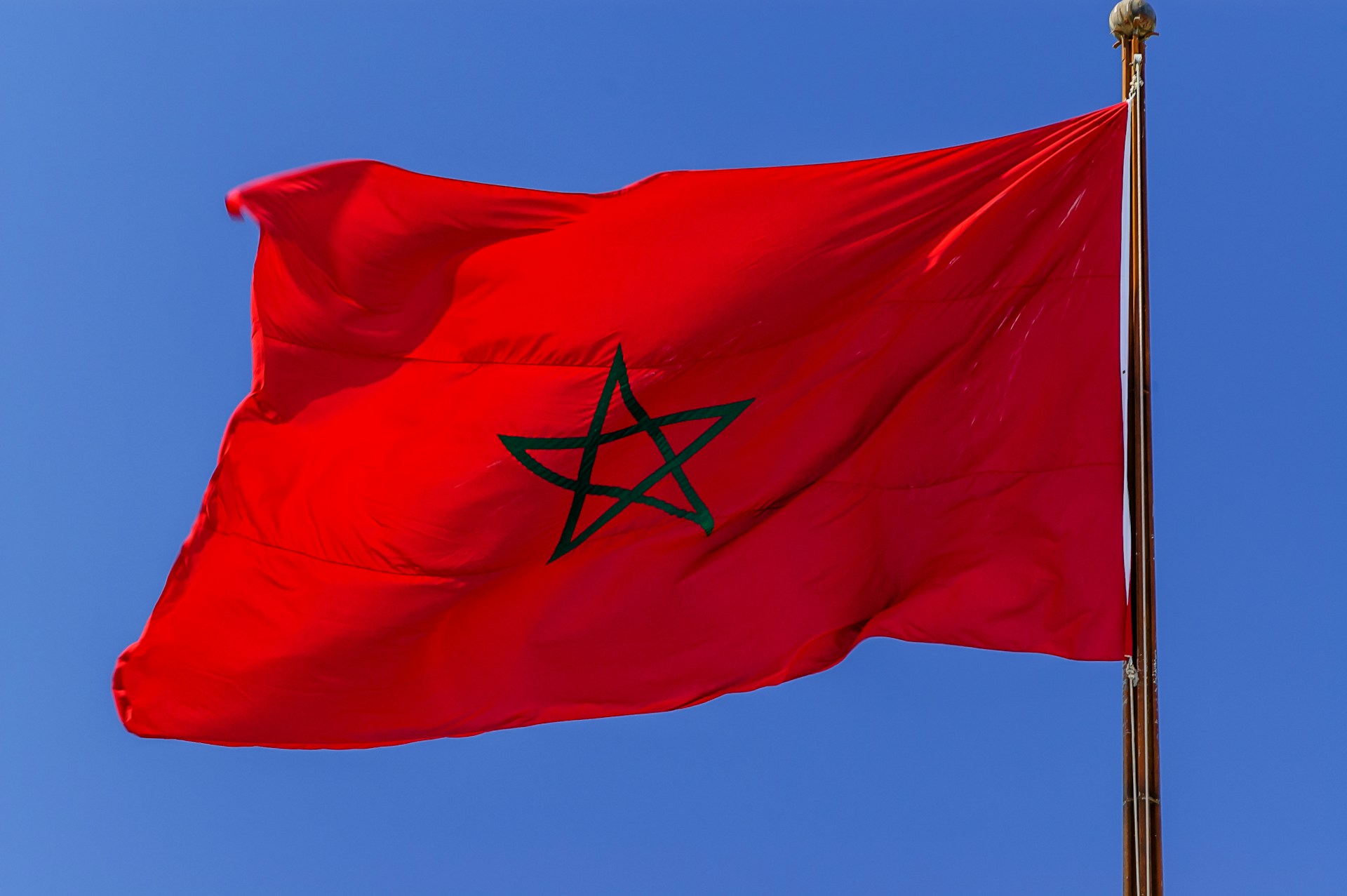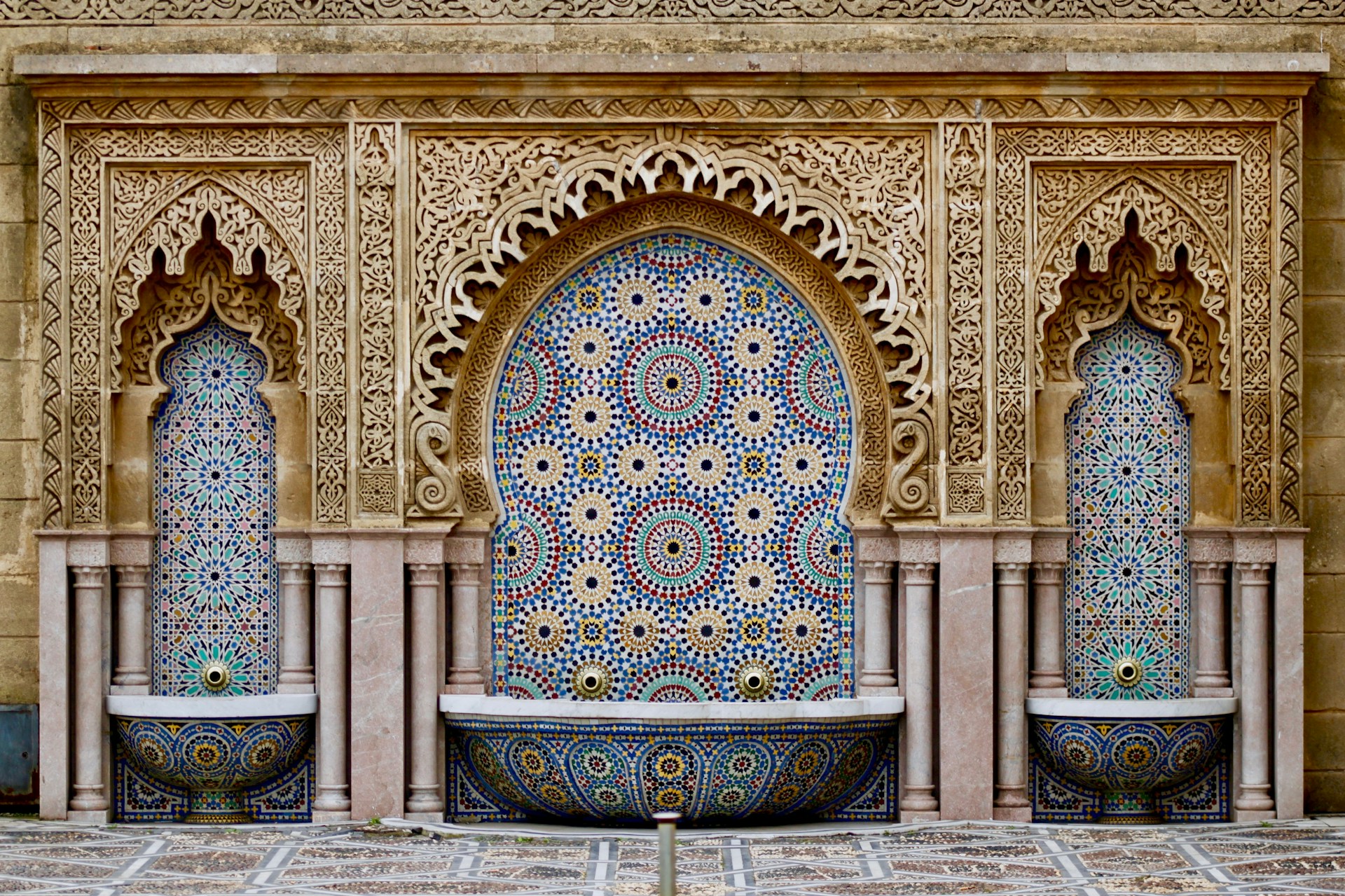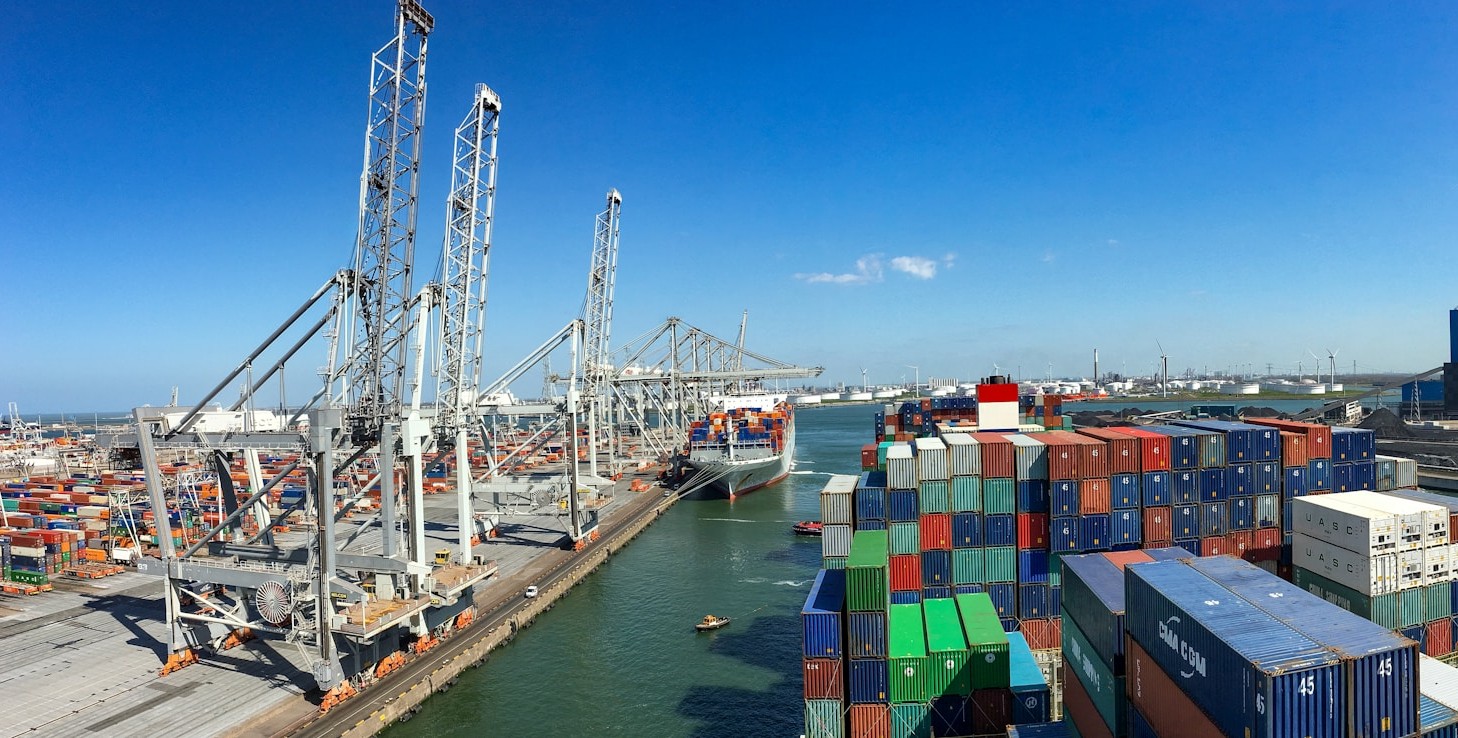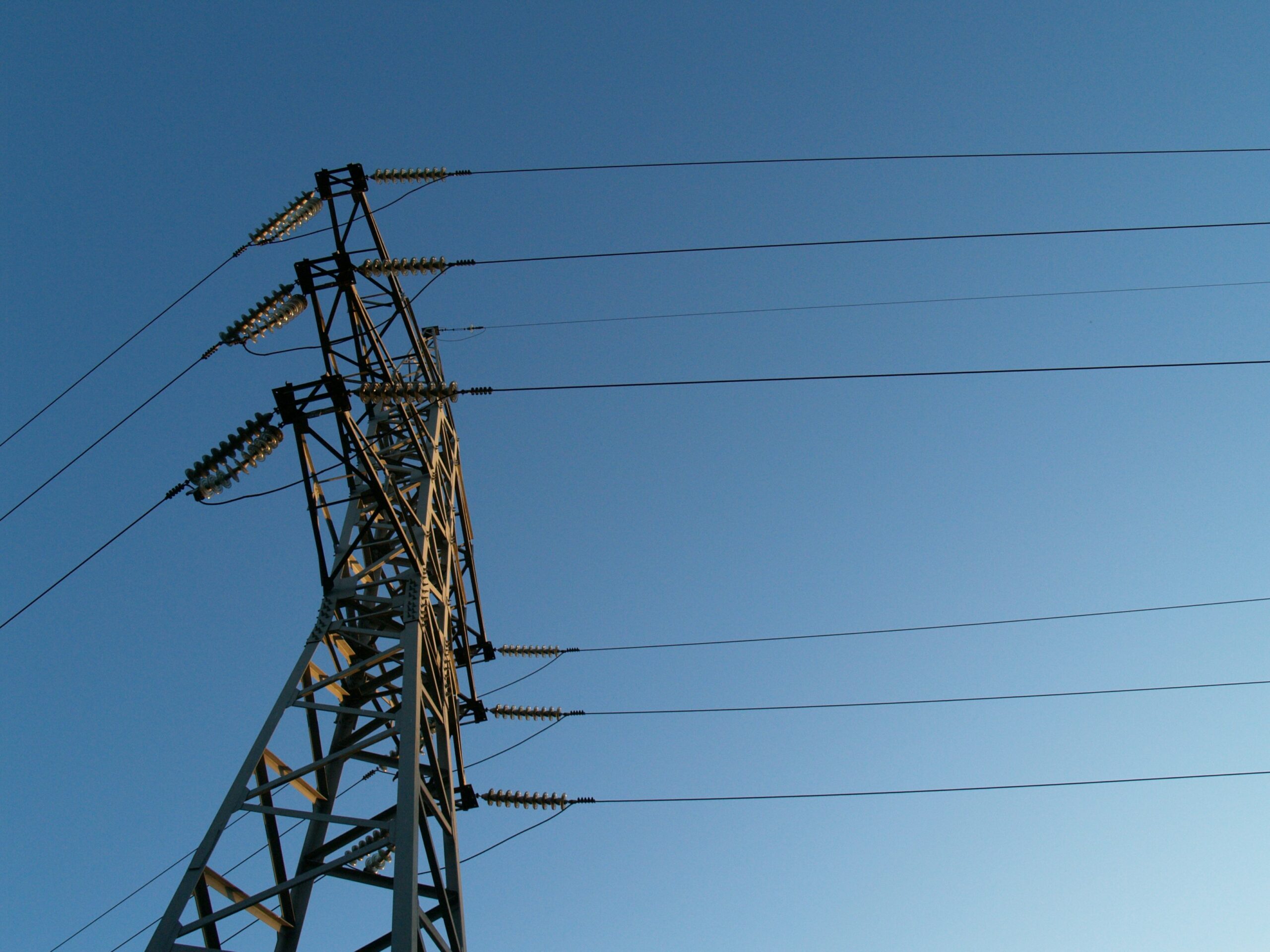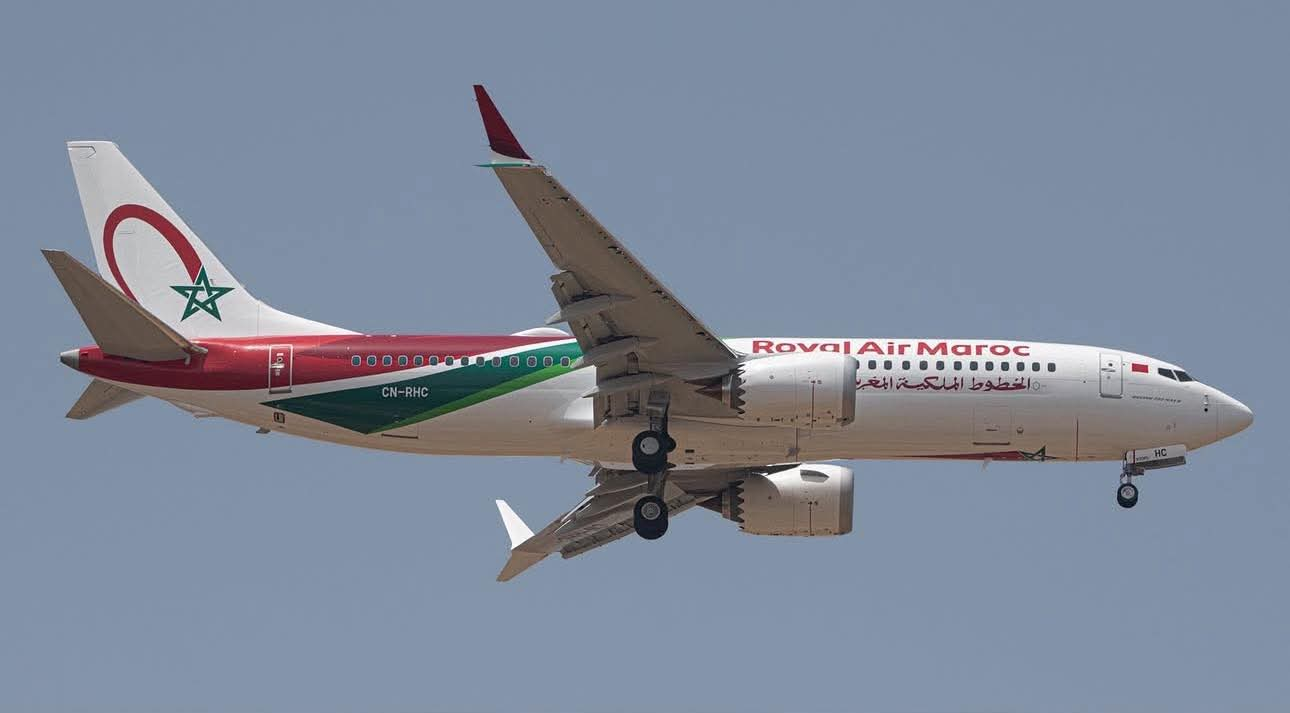Casablanca – Morocco has officially entered the fifth-generation (5G) era, marking a major milestone in its digital transformation journey. The launch, carried out simultaneously by the country’s three main telecommunications operators—Maroc Telecom, Orange Maroc, and Inwi—positions the Kingdom among Africa and the Arab world’s technological leaders.
The move represents a central pillar in the national “Digital Morocco 2030” strategy, aimed at promoting innovation, economic competitiveness, and digital sovereignty. Through this initiative, Morocco reaffirms its commitment to modern infrastructure capable of supporting advanced industries and smart city development.
Nationwide rollout by three operators
Maroc Telecom, the country’s largest operator, has begun offering 5G services with subscription plans starting at approximately $12 per month, alongside its new “El Manzil 5G” home router, providing high-speed Wi-Fi for households. The company has invested heavily in upgrading its network infrastructure to support seamless nationwide coverage.
Orange Maroc launched its 5G network across more than 100 cities, including Casablanca, Rabat, Tangier, Marrakesh, and Agadir, with plans to expand to rural regions in the coming months. CEO Hendrik Kasteel described the launch as “a lever for inclusion, innovation, and competitiveness in the service of Morocco’s future.”
Inwi, meanwhile, enabled 5G access for its 18 million subscribers at no extra cost. The operator also introduced “5G Business Connect,” an integrated package tailored for professional users and enterprises seeking digital transformation solutions. The service will enable cloud-based systems, artificial intelligence, and automation tools to improve productivity and efficiency.
Technological leap and economic opportunity
The introduction of 5G marks a decisive step forward in Morocco’s technological progress. With speeds exceeding 2 gigabits per second, the new network enables ultra-fast connections suitable for applications such as remote surgery, virtual reality, industrial automation, and autonomous transport.
According to a report by BMCE Capital Global Research, the economic impact of 5G in Morocco is expected to reach between $4 billion and $6 billion annually by 2030, equivalent to 1.5% to 2% of the national GDP. These gains will come from higher productivity, enhanced business efficiency, and the growth of sectors connected to the Internet of Things (IoT), data centers, and cloud computing.
In addition, telecom operators and the government are projected to invest roughly $4.1 billion in infrastructure upgrades, including fiber-optic expansion and the deployment of thousands of new transmission antennas. These projects are expected to create thousands of direct and indirect jobs, particularly in engineering, maintenance, and digital services.
Preparing for smart cities and global events
The 5G rollout coincides with Morocco’s preparations to host two major sporting events—the Africa Cup of Nations 2025 and the FIFA World Cup 2030. High-speed connectivity is expected to enhance the management of these large-scale events through smart surveillance systems, real-time crowd monitoring, and digital ticketing platforms.
Moreover, the technology will support Morocco’s smart city initiatives, especially in major urban areas where local authorities are digitizing transport, energy, and waste management systems. These developments align with the national vision of building sustainable, connected, and inclusive urban centers.
Strengthening Morocco’s regional leadership
Beyond the technological breakthrough, the 5G launch reflects Morocco’s broader ambition to consolidate its position as a regional digital hub linking Africa, Europe, and the Middle East. The Kingdom already operates over 12,000 kilometers of fiber-optic backbone, connecting data centers and international cable networks.
This infrastructure has attracted multinational investors and tech startups seeking a gateway to the African market. The government’s proactive approach—combining industrial strategy, legal frameworks, and public-private partnerships—has been key to accelerating this progress.
The recent adoption of regulatory measures by Morocco’s Council of Government ensured a transparent and competitive framework for the 5G market. Analysts note that this coherence between policy and execution is what differentiates Morocco’s digital model from others in the region.
A digital future in motion
For Morocco, 5G is more than a technological upgrade—it is a declaration of readiness for the future. The network will underpin emerging industries such as Industry 4.0, smart agriculture, logistics, telemedicine, and e-education. It will also boost opportunities for startups specializing in data analytics, software development, and cloud solutions.
As many neighboring countries still struggle to achieve stable 4G coverage, Morocco’s transition to 5G demonstrates its determination to lead by example. With confidence and strategic vision, the Kingdom continues to bridge the gap between innovation and inclusion, laying the digital foundations of its economic future.








